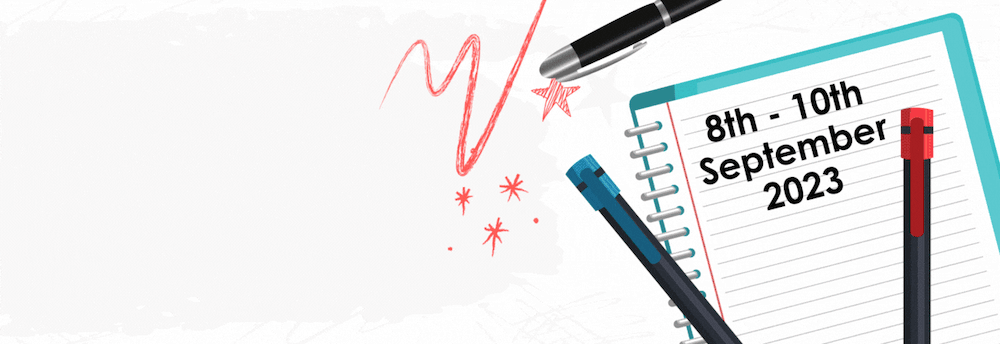Women's World Cup craze to trickle down locally
Laura Williams
26 August 2023, 9:20 PM
 The popularity of soccer is expected to grow following the FIFA World Cup.
The popularity of soccer is expected to grow following the FIFA World Cup.Australia cheered the Matildas to fourth-place in the FIFA World Cup, drawing the eyes of a nation who didn’t know how much they could love a sport. The enthusiasm for the women’s football competition could change the momentum of sport in Australia.
The record breaking tv attention for over two decades - at a reach of 11.15 million people in the Matilda’s match against England on August 16 - has sealed the deal on Australia’s hunger for women’s sport.
The craze has become a catalyst for what is being termed the biggest investment in women’s sport from the federal government, with $200 million being allocated to the Play Our Way program.
Under the program, funding will go towards improving sporting facilities and equipment specifically for women and girls, and making sure women’s sporting events are increasingly available for Australians to access for free.
Secretary of the Narromine Soccer Club Sarah Gilchrist said that any funding would be used to build the girls and womens numbers in the club.
“We’ve had a few come and try sessions we set up for girls without boys being there. That made a difference I think,” Ms Gilchrist said.
“Hopefully on the back of the World Cup, that will get a bit more momentum now,” she said.
While the Narromine Soccer Club has mixed teams, the number of boys and men playing far exceeds girls and women.
“At last week’s training all the kids dressed up in green and gold in support of the Matildas, everyone was watching it.”
“It’s book club at school this week and there’s a few girls that are going dressed up as the Matildas, so it’s made an impact, which is good.”
The Play Our Way program - despite being available for all sports - is anticipated to be in the most demand to fund soccer, with significant resource demands expected following the World Cup.
“Too often women and girls are changing in men’s bathrooms, wearing hand me down boys uniforms, playing with men’s equipment on poor fields that boys teams wouldn’t train on,” said Minister for Sport Anika Wells.
Local governments, community organisations, the not-for-profit sector and sporting organisations will be able to seek funding for localised solutions and improvements, with grant applications open by early 2024.




